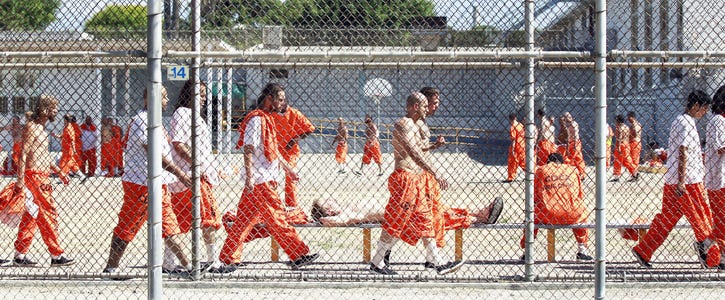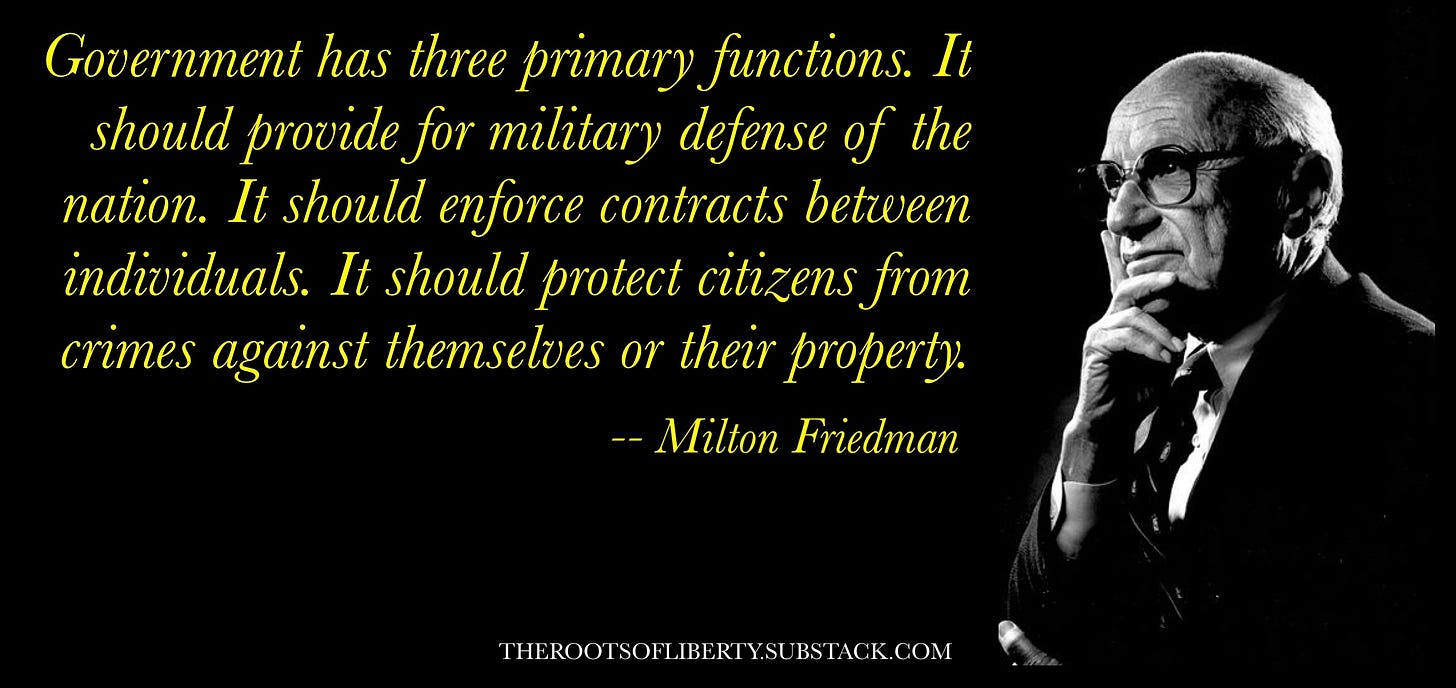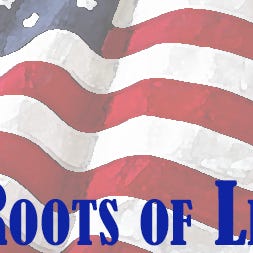One might think that the governor of New York would have better things to do with her time and taxpayer resources than to direct that the word "inmate" be expunged from state law, and replaced with "incarcerated person." The announcement that includes this bit of woke-dreck also introduces us to the phrase "justice-involved individuals."
[N]ew legislation will reduce harmful stigma against incarcerated people by correcting outdated terminology used to refer to incarcerated individuals in state law.
“Stigma” and “dignity” are the motivators, apparently. Hold that thought.
First - may I ask what in the Sam Hill is wrong with "inmate?" It's accurate, it's gender-neutral, and it's brief. Ditto for "prisoner" and "convict." Do we really need to stretch the terminology from two syllables to seven?
Second - WHY!?!?
Libertarians have (as usual) been at the fore of calls for criminal justice reform. The reforms we champion focus on government excess in various forms and on victimless crimes. We recognize that a core of government is protecting individuals personal and property rights, so we accept ceding policing and incarcerating power to government in order to help society function more smoothly than in an anarchic "everyone defends himself" fashion. Even minarchist societies assign action against those who violate others' rights to the State.
The Left, however, has chosen instead to champion criminals, including those who actually do legitimately bad things. This means violations of others' rights are excused, wholly or in part, and even the most recidivist malefactors are handled with deference. Their victims, on the other hand, get a "tough luck" back of the hand, to the point where businesses have been driven to failure by shoplifting, where stores are closing because they've no recourse against bad people doing bad things on their premises, and where victims are treated worse than the people who prey on them.
Criminal justice reform done right should reduce our jail and prison populations without increasing crime rates. Removing victimless crimes from the books, correcting prosecutorial excesses so that innocents aren't railroaded into taking pleas, and doing things that'd improve police-community relations (e.g. stop treating the poor as revenue centers) should result in fewer crimes and safer streets.
The ham-fisted "Defund the Police" and "there are no bad people" bail reforms have produced the opposite effect, with crime up in all those blue cities that embraced them.
That such as Hochul haven't gotten the message (she blamed judges, not changes in bail laws wrought by the legislature and signed by her predecessor, for the revolving door that puts the worst offenders back on the street time and time again) tells us the usual tale - politicians cannot bear admitting error, and would rather chew hot asphalt than alter policy.
Sammy Davis, Jr. sang "Don't do the crime if you can't do the time." Violations of others' rights should be punished by the State. The convicted should be incarcerated humanely - loss of freedom is a significant punishment in and of itself without the addition of physical suffering. Or fear of personal harm, for that matter. Corporal punishment is no longer part of our justice system, so the State is obligated to keep those it punishes after being duly tried and convicted from being beaten, stabbed, raped, or killed under its watch, but the State isn't obligated to euphemize away the fact that the convicted are being punished. A loss of dignity should be part of the deal.
Instead of playing easy but pointless language games, Hochul et al should undo that which produced this uptick in crime - and work on the sorts of reforms libertarians have been urging for decades. But, that's hard work, and it doesn't offer the easy self-pat on the back or the ability to say "look how progressive we are!"
They should also remember that victims of criminals are the ones that most need their attention and action, and take a hard line against the bad people who do bad things.
That would mean accepting the idea that there are indeed 'bad people' out there. Or, rather, changing their personal definition away from "anyone who's part of the other political team is a Bad Person" to its proper "those who hurt people or take their stuff."
But, no, the modern narrative is that there are no bad people, that crime can be addressed with compassion and social workers rather than cops and courts, and that the "system" has driven these poor benighted souls to bad acts. Calling criminals "justice-involved individuals" is just the latest of many farces, worse than the rebranding of pedophiles as "minor-attracted persons” (at least there, one can argue a distinction between thought and action).
It won't be the last.
If you enjoy The Roots of Liberty, please subscribe (if you have already, thank you!), and please recommend the blog to your friends! While I share it as much as I can on social media, subscribing ensures you won't miss a post.
If you really like The Roots of Liberty and want to help keep it rolling, please consider becoming a paying subscriber here at Substack, or at a lighter level as contributor to the blog via Patreon.
Thank you for your support!
Yours in liberty,
Peter.







This reminds me of the sixties where politicians of a particular bent consistently confused slogans with solutions. Simply changing a description from "inmate" to "incarcerated person" is ineffective "word magic". True reform is hard. Coining a cutesy phrase is far easier and represents the triumph of style over substance. Great column! It ought to be required reading for anyone interested in politics.
Idiocracy, we’ve reached it